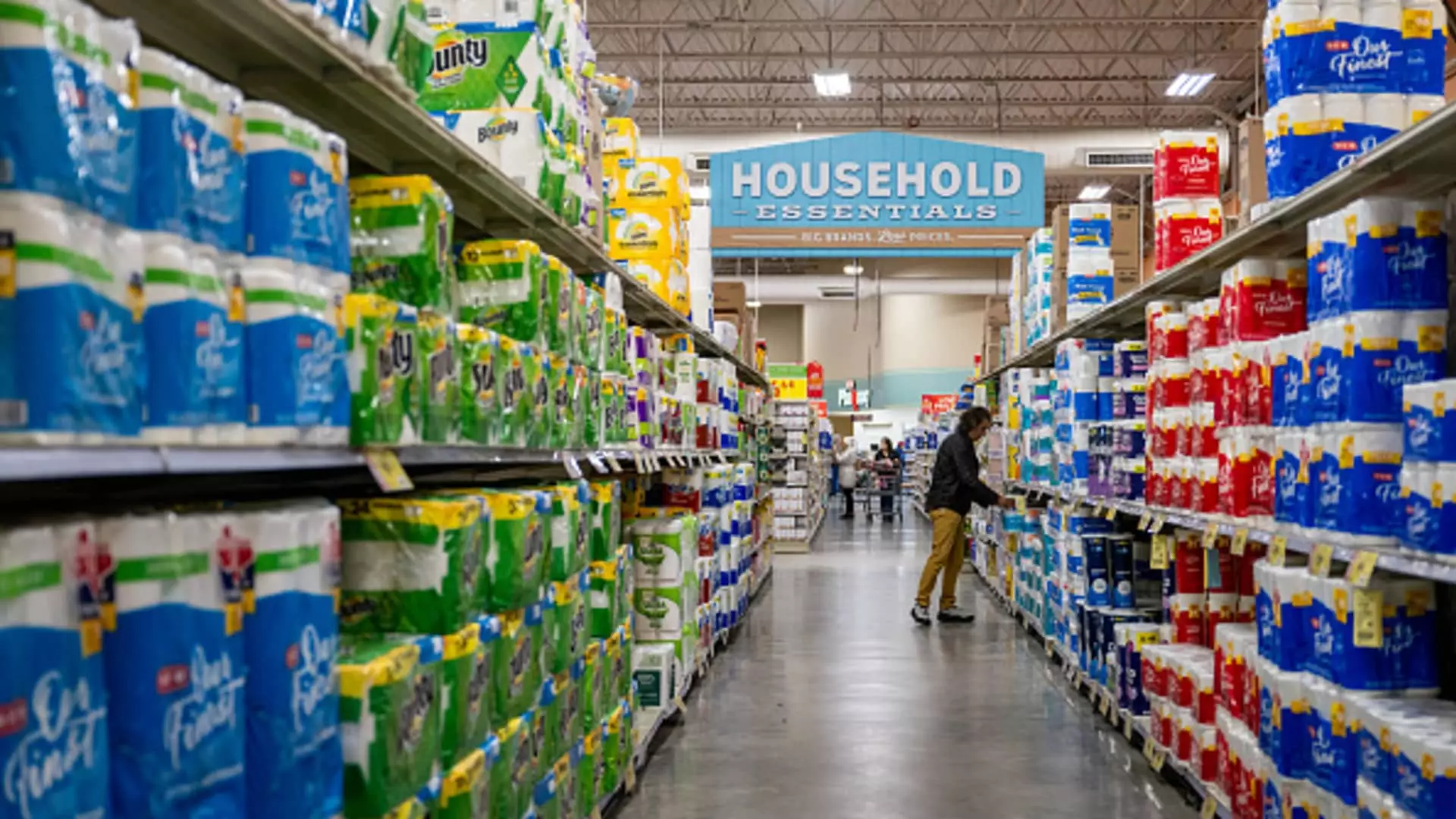The current economic landscape is deeply influenced by the new tariffs imposed by the Trump administration, which are poised to wreak havoc on our grocery bills. While the objective of bringing jobs back to the U.S. may seem righteous, the execution is misguided at best. By targeting over 180 countries and territories, the implications aren’t confined to just increased prices on luxury items. Everyday necessities like coffee, bananas, and even toilet paper are about to become much more expensive. The very consumers the administration aims to protect could find themselves on the losing end of this deal.
To think that escalating tariffs on vital products will bolster the domestic market is a troubling notion. The base of the food supply chain in the U.S. is heavily reliant on imports for ingredients and materials that simply can’t be produced domestically due to climate limitations and longstanding agricultural trends. As a self-proclaimed advocate for center-wing liberalism, I see this gambit as ill-conceived and detrimental to American families who are already grappling with economic uncertainty.
Staples at Risk: A Bananas Situation
Consider coffee and bananas: staples in nearly every American household. The U.S. is the leading importer of bananas — nearly 40% of which come from Guatemala. With impending tariffs, prices will likely surge. This is a prime example of how the administration is disconnected from the needs of everyday consumers. The tariffs are not simply a matter of economic strategy; they infringe upon our ability to afford the basics.
Coffee, cocoa, and tropical fruits cannot thrive in U.S. climates, making imports indispensable. The Consumer Brands Association (CBA) emphasizes this point, arguing that well-meaning policies could lead to significant price hikes and limited access to staples. This is not just about importing products; it is about the economic fabric that weaves the everyday lives of Americans together.
The Price of Deliciousness: Spices Under Fire
Vanilla extract, a cornerstone in countless recipes, is affected as well. Madagascar, responsible for over 75% of U.S. vanilla imports, will face horrendous tariffs nearing 47%. Already the second most expensive spice in the world, this hike might render it a luxury few can afford. Households might reconsider their favorite dessert recipes or search for convoluted alternatives. What was once an integral part of our kitchens might become an afterthought, simply because of short-sighted policymaking.
The adjustment may seem trivial to politicians, but for home cooks and family bakers, it has real implications. The increased operational costs faced by food manufacturers will inevitably trickle down to the consumer. Why should families suffer because of decisions made in distant boardrooms and political offices?
Household Staples at Risk: The Hidden Costs
It’s not just food items that are skyrocketing in cost. Basic household necessities such as toilet paper, diapers, and shampoos are poised to become more expensive due to surging prices in raw materials, including wood pulp and palm oil. Many seem oblivious to the interconnectedness of global supply chains, but the reality is that imported goods are as essential as they are vulnerable. The U.S. may import a significant amount of palm oil from Indonesia, now facing a staggering 32% duty.
When consumers find themselves paying more for these basic items, the conceptual benefit of ‘America First’ appears increasingly hollow. The wealth gap widens when the working and middle classes are left to deal with the repercussions of tariffs on everyday items.
Stock Market Timeout: The Irrelevant Response
While the markets plummeted in response to the tariff announcements, shares from companies involved in essential goods saw upticks. This ironic twist showcases a disconnection between Wall Street and Main Street. Investors may flee to the stability of everyday products, but the reality is that those in the trenches — the families doing the shopping — will bear the brunt of these policy decisions.
As we watch the repercussions unfold, it’s crucial to question the motives behind such tariffs. Are we truly protecting American jobs, or are we merely engaging in a political gamble at the expense of ordinary citizens? The long-term ramifications of these shortsighted policies necessitate deeper scrutiny and dialogue aimed at achieving true economic resilience — one that doesn’t negatively impact consumers to realize nationalistic ambitions.

